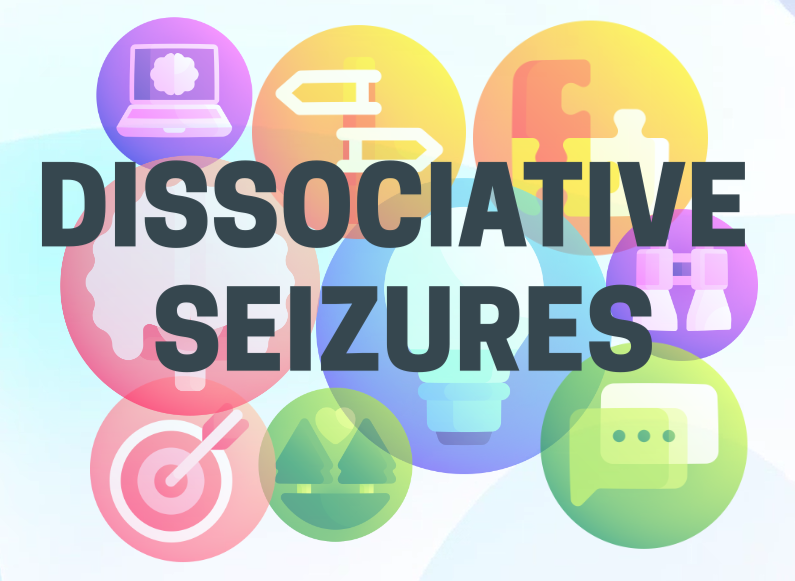
Epileptic and Dissociative Seizures have different causes and therefore, the medication that is used to prevent Epileptic seizures doesn’t help Dissociative Seizures.
Using Epilepsy medication can cause unnecessary side effects, make Dissociative Seizures worse and even cause serious harm.
Some people with Dissociative Seizures experience other difficulties, such as depression and or anxiety. People with Dissociative Seizures may be prescribed anti-depressants/ anti-anxiety medication to help with these symptoms.


